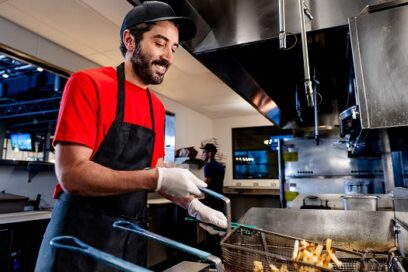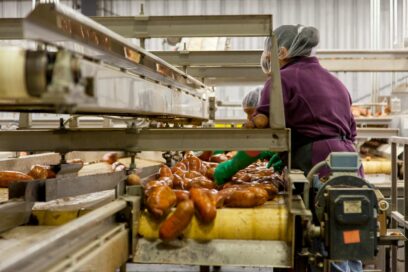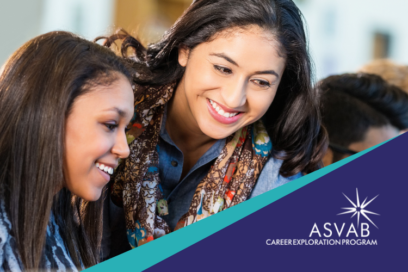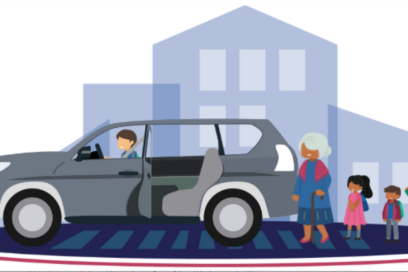Education
5 ways to reach the “Starbucks generation” with online tutoring
A term used to describe the generation that grew up with Starbucks as part of their lives, the “Starbucks generation” generally includes Gen Zs and millennials who are willing to spend a little extra for good products, customer service...








![Q&A: Chef Adam Handling on how animal-first approach sets UK meats apart [Image: Plated lamb, asparagus and wild garlic dish with text 'Great Taste has no limits" on a red background over GREAT Britain & Northern Ireland logo]](https://www.smartbrief.com/wp-content/uploads/2024/01/750-x-350-Lamb-Asparagus-Wild-Garlic-408x272.jpg)


